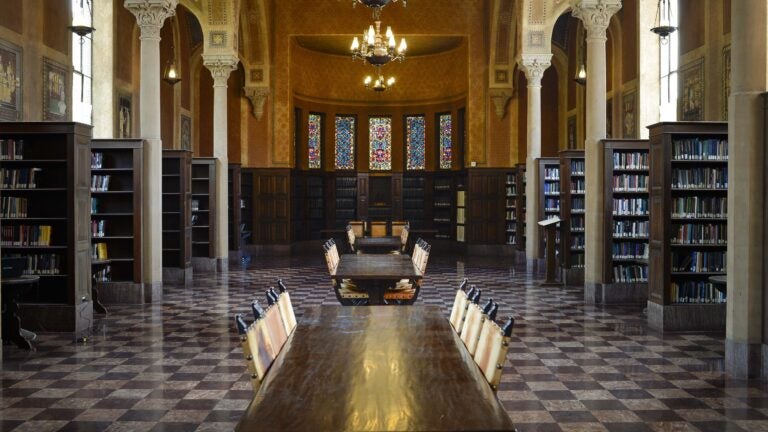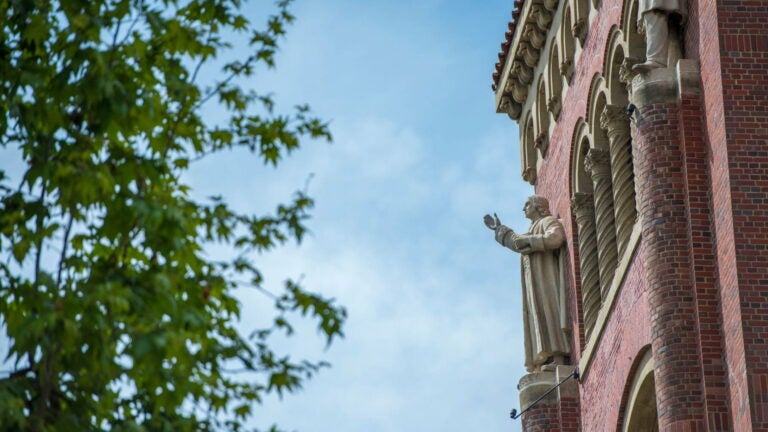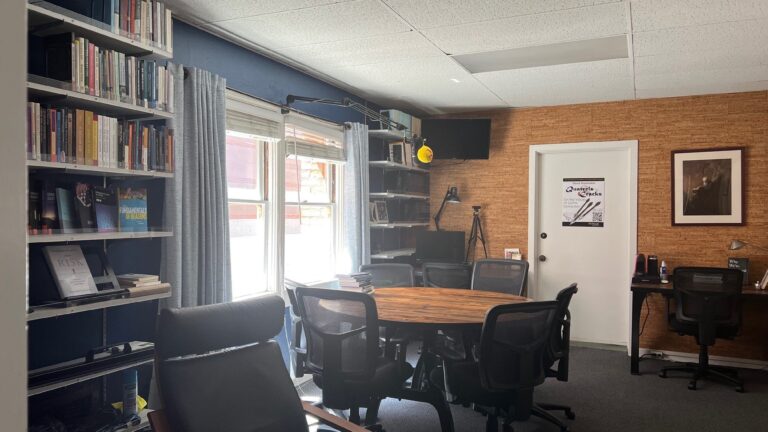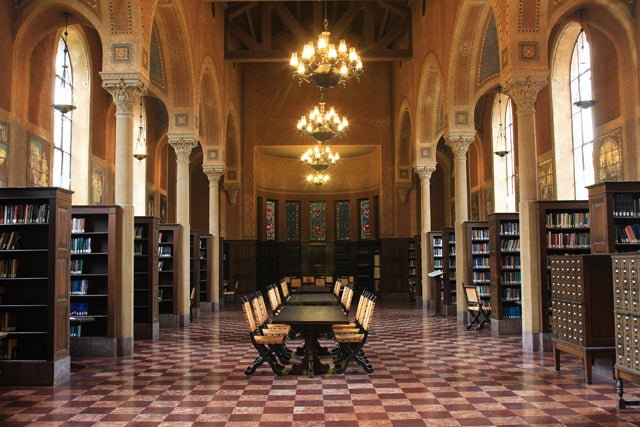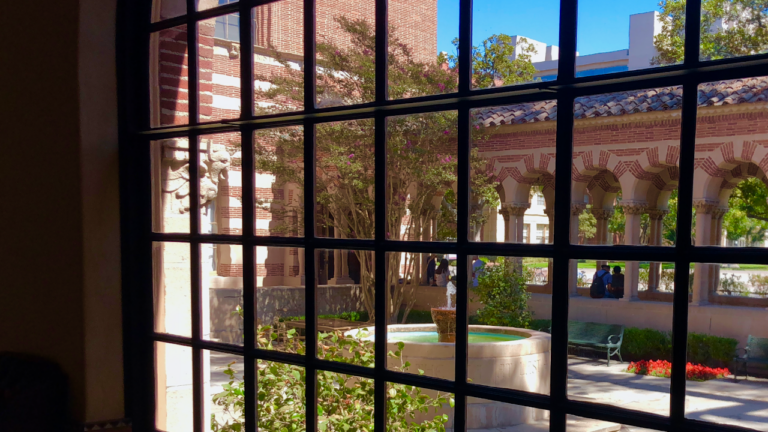Philosophy at USC
At USC, we believe that philosophy’s task grows out of what has always been its central mission—to help lay the conceptual foundations for advances in our theoretical knowledge of the universe and ourselves, while also providing practical wisdom needed for virtuous and meaningful lives. Thus, it is not the study of a frozen historical canon, offering a smorgasbord of previous responses to unanswerable questions yielding no genuine knowledge. On the contrary, it is what its greatest practitioners have always taken it to be—an unending quest to generate new philosophical questions, while offering better answers to old questions raised by our illustrious predecessors from Socrates and Plato to Hume, Kant, Russell, Wittgenstein, and beyond.
Philosophy investigates some of the oldest, most universal and fundamental questions that human beings ask, in a rigorous and disciplined application of both logic and imagination. Studying philosophy develops skills in logic and critical thinking that apply to every field and profession. In our undergraduate courses, students can study a wide range of topics including moral controversies, the principles of social justice, the grounds for moral, legal, and political obligation, the scope and limits of human knowledge, the foundations of science, the nature of reality, space, time, consciousness and freedom, the existence or non-existence of God, as well as the history of philosophical thought about these and many other topics. These courses are taught by our world-renowned and award-winning faculty who collectively make the School of Philosophy at USC ranked one of the top ten graduate programs nationally and internationally.
In a recent ranking, our PhD program was ranked #1 in the world for academic placement, and we were tied #1 for the overall quality of our program. We were also ranked among the top ten departments worldwide for our department climate.
Areas of Specialization
The department features specializations in: epistemology; ethics, metaethics, and value theory; the history of philosophy; logic; metaphysics; the philosophy of economics; the philosophy of language; the philosophy of mind; the philosophy of cognitive science; the philosophy of law; the philosophy of physics; the philosophy of religion; political philosophy; and, the philosophy of action. Find out more about our targeted areas of specialization.
Interdisciplinary Connections
Because we believe that philosophy, properly understood, is not an isolated discipline, but the partner of all disciplines, our faculty demonstrate a commitment to interdisciplinary excellence both at the graduate and undergraduate levels. Our faculty interact with other units and we offer undergraduates three interdisciplinary philosophy-centered majors—Philosophy, Politics, and Economics (PPE), Philosophy, Politics, and Law (PPL), and Linguistics and Philosophy —in addition to our standard philosophy major.
Our PhD Program
The PhD program offers the opportunity to work towards a doctorate in philosophy in a supportive and collaborative community of graduate students, faculty and scholars. Our PhD students regularly publish in top-rated journals and volumes, finish the program within 5-7 years, and are well-supported in their search for academic and non-academic positions before and after graduation. Head to the Graduate page for details of the program including how to apply.
Learn more
Contact Us
Mailing Address
USC School of Philosophy
Mudd Hall of Philosophy (MHP) 113
3709 Trousdale Parkway
Los Angeles, CA 90089-0451
Email philosophy@dornsife.usc.edu
Phone 213-740-4084
Office Hours
Monday–Friday: 8:30 AM – 5:00 PM
Chair
Jonathan Quong
quong@usc.edu
Vice Chair
Gabriel Uzquiano
uzquiano@usc.edu
Director of Graduate Studies
Mark Schroeder
maschroe@usc.edu
Director of Undergraduate Studies
Shieva Kleinschmidt
kleinsch@usc.edu
Graduate Admissions
Andrew Bacon
abacon@usc.edu


